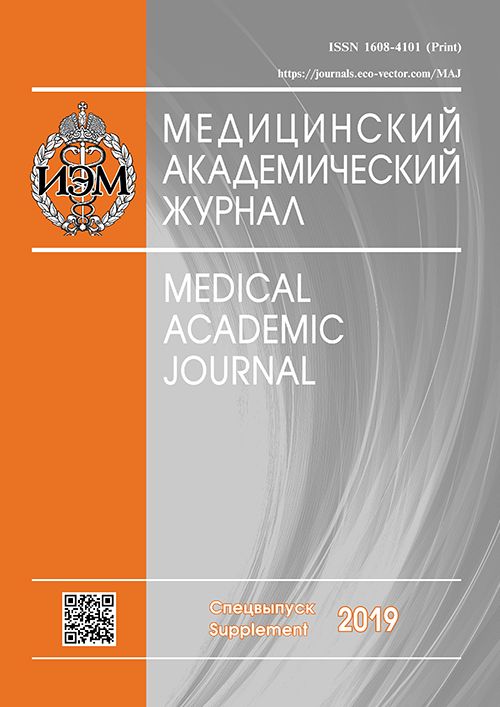In Memoriam and Tribute to George Freeman Solomon Professor Emeritus of Psychiatry & Biobehavioral Sciences, University of California, Los Angeles1931-2001
- Authors: Orlov DS1
-
Affiliations:
- Institute for Experimental Medicine, Saint Petersburg
- Issue: Vol 19, No 1S (2019)
- Pages: 5-7
- Section: Articles
- Published: 15.12.2019
- URL: https://journals.eco-vector.com/MAJ/article/view/19292
- ID: 19292
Cite item
Abstract
“The natural healing force within each one of us is the greatest force in getting well.” Hippocrates Prof. G.F. Solomon was one of the first scientists to hypothesize that the relationship between brain activity and the body’s immune system can be important for determining health and influencing the course of the disease and its outcome. John Solomon is the founder of psychoneuroimmunology, an interdisciplinary field of research into the interaction of the brain, behavior, and immune system that has played a key role in the study of behavioral and biological mechanisms that link psychosocial factors, health, and disease. His research helped to found a new area of knowledge - psychoneuroimmunology, which aims to uncover the mechanisms by which the brain is able to influence the functions of the immune system.
Keywords
Full Text
References
- Solomon GF. Psychoneuroimmunology: interactions between central nervous system and immune system. J. Neurosci. Res. 1987;18:1-9.
- Solomon GF, Ironson GH & Balbin EG. Psychoneuroimmunology and HIV/AIDS. Annals of the New York Academy of Sciences. 2006;917(1):500-504. https://doi.org/10.1111/j.1749-6632.2000.tb05414.
- Korneva EA, Rybakina EG, Kokryakov VN, et al. Interleukin-1 and defensins in thermoregulation, stress and immunity. Annals of the New York Academy of Sciences. 1997;812:465-474.
Supplementary files







